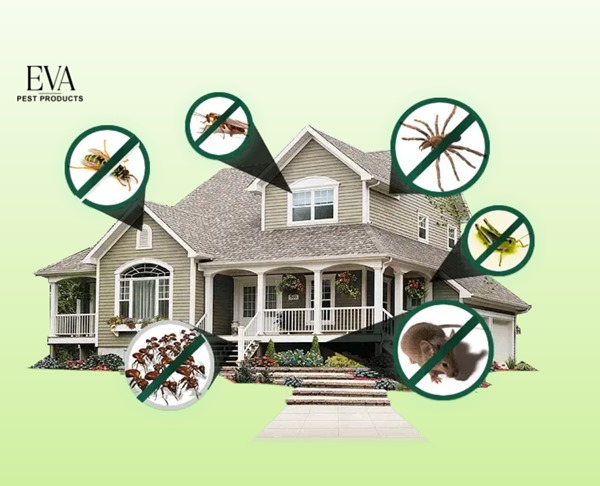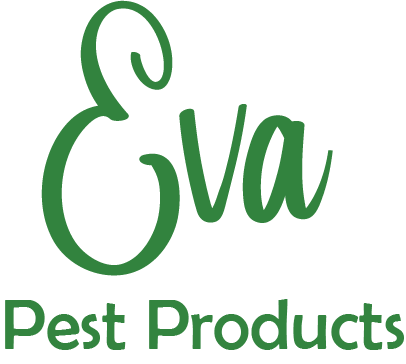Email : [email protected]
Why We Need Pest Control Products

Pest control products are essential for several reasons, primarily to manage and mitigate the negative impacts of pests on human health, agriculture, and the environment. Here are some key reasons why pest control products are necessary:
- Protecting Public Health:
Pests such as mosquitoes, ticks, and rodents can carry and transmit diseases to humans. Effective pest control helps reduce the risk of disease transmission, protecting public health.
- Agricultural Protection:
Pests pose a significant threat to crops, leading to decreased yields and potential economic losses for farmers. Insecticides, herbicides, and fungicides are used in agriculture to control pests and ensure the productivity of crops.
- Food Safety:
Pests can contaminate food supplies, leading to spoilage, reduced quality, and potential health hazards. Pest control measures are crucial in food processing, storage, and distribution to maintain food safety standards.
- Preserving Structures:
Pests like termites, ants, and rodents can damage buildings, infrastructure, and stored goods. Pest control products, such as insecticides and rodenticides, help prevent structural damage and protect property.
- Biodiversity Conservation:
Invasive species and certain pests can negatively impact native flora and fauna, leading to disruptions in ecosystems. Pest control measures help manage and control the spread of invasive species, promoting biodiversity conservation.
- Preventing Economic Losses:
Pests can cause significant economic losses in various industries, including agriculture, forestry, and manufacturing. Pest control products are instrumental in minimizing these losses and ensuring the stability of industries.
- Reducing Allergens and Irritants:
Some pests, such as cockroaches and dust mites, produce allergens that can trigger allergies and respiratory issues. Controlling these pests helps reduce indoor allergens, improving indoor air quality.
- Maintaining Hygiene:
Pests can compromise hygiene standards in residential and commercial spaces. Effective pest control is crucial for maintaining cleanliness and preventing the spread of diseases associated with pest infestations.
- Minimizing Environmental Impact:
Integrated Pest Management (IPM) practices aim to minimize the environmental impact of pest control. By using a combination of biological, mechanical, and chemical control methods judiciously, it is possible to reduce the overall use of pesticides.
While pest control products play a vital role in addressing these challenges, it is essential to use them responsibly and adhere to regulations to minimize potential risks to human health and the environment. Integrated approaches that combine biological, cultural, and chemical methods are often recommended for sustainable and effective pest management.



